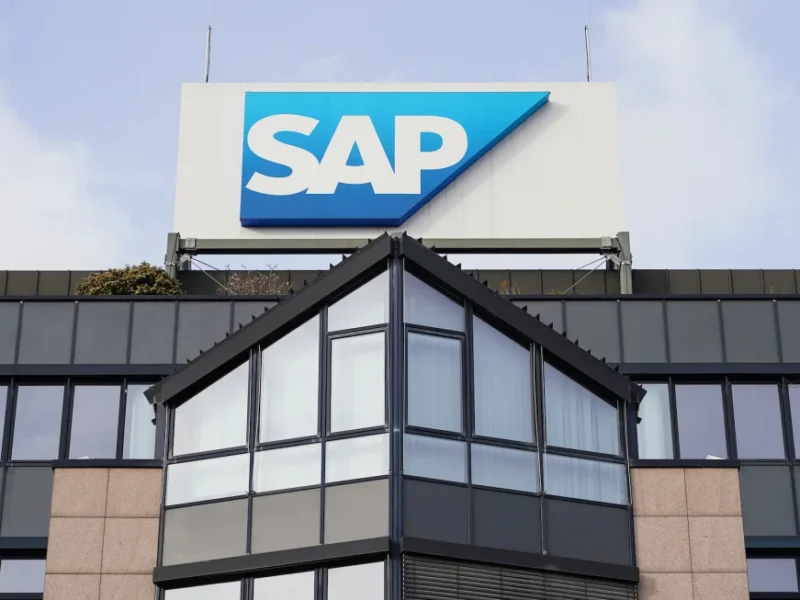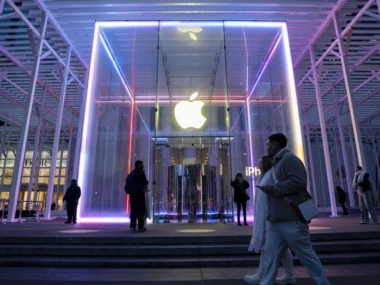SAP, one of Europe’s most valuable companies, is embarking on a major restructuring effort, with plans to cut 8,000 jobs as it shifts its focus towards artificial intelligence (AI). The enterprise software giant, headquartered in Germany, has allocated €2 billion (approximately $2.2 billion) for this transformation, which includes expenditures on buyouts and retraining programs.
This strategic decision is aimed at preparing the company for substantial future revenue growth on a scalable basis. As a consequence, more than 7% of SAP’s workforce, out of its total of 108,000 employees, will be affected by these changes. SAP anticipates that the majority of the impacted positions, around 8,000, will be addressed through voluntary leave programs and internal re-skilling initiatives.
Once these reinvestments are completed, SAP expects its headcount in 2024 to be similar to its current levels.
SAP’s CEO, Christian Klein, expressed the company’s commitment to this transformation program, emphasizing a shift of investments toward strategic growth areas, particularly Business AI. He stated that SAP is confident in its prospects for 2024.
SAP is among the companies prioritizing AI, following the rise of generative AI, the technology that underpins platforms like ChatGPT. The company had previously announced investments in three generative AI firms and pledged over $1 billion to support AI-powered enterprise tech startups.
Other companies worldwide, such as India’s Wipro and China’s Huawei, have also made substantial investments in AI, recognizing its transformative potential. Many U.S. tech firms have likewise announced significant AI investments as part of broader organizational restructuring efforts.
On a separate note, SAP reported annual earnings that largely exceeded expectations. The company foresees a substantial increase in revenue, ranging from 24% to 27%, for its key cloud business in the coming year, indicating expectations of accelerated growth in that sector.
Following these announcements, SAP’s shares experienced a 4% surge in after-hours trading in New York. The majority of expenses associated with the reorganization are expected to impact operating profit in the first half of 2024.











